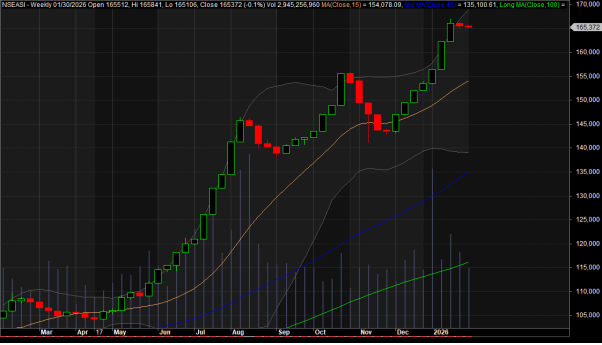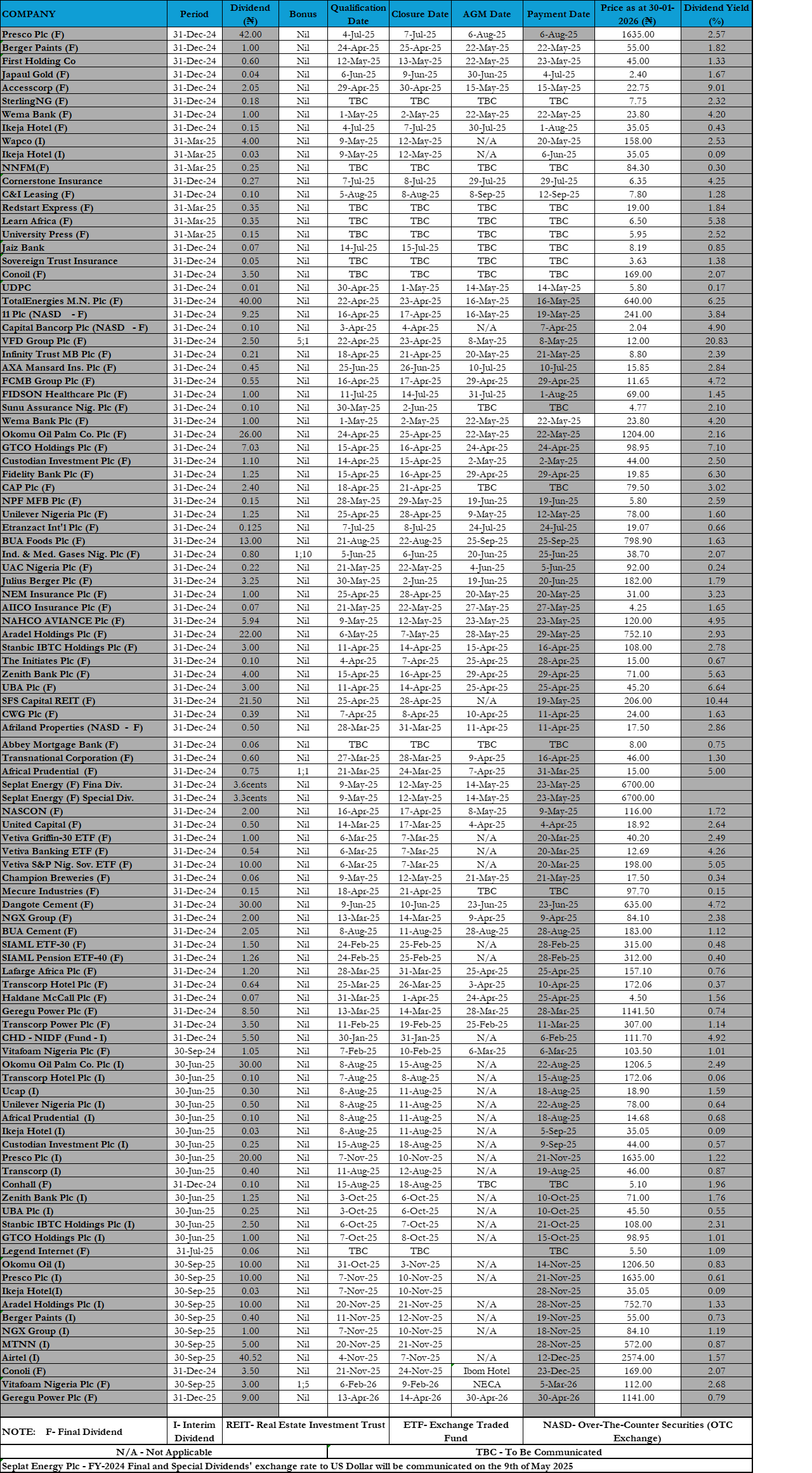*Jumps N514.67b In Six Months
In what may suggest the need for a review of implementation of the Central Bank of Nigeria (CBN) cashless policy, initiated as part of efforts to migrate Nigerians to electronic platforms in view of the apparent gains including the huge savings on banknote printing, latest data from the apex bank at the weekend showed that currency in circulation rose to an all-time high of N2.179 trillion on December 31, 2016.
Following the take-off of the cashless policy, third party cheques valued above N150,000 could no longer be cashed across the counter, while withdrawals were limited to N500,000 from personal and N3 million for corporate accounts, among others, as part of encouraging electronic transfers and payments.
According to CBN, currency-in-circulation for December rose by N321.233 billion or 17.28% year-on-year from N1.857 trillion in the corresponding period of 2015.
Month-on-Month, the figure rose by N271.311 billion or 14.22% from N1.907 trillion in November; which also rose by N82.199 billion from the preceding month.
A further review of the figures for the year showed that currency-in-circulation had been on a regular and consistent increase since July 2016.
In the six months between July-end and December last year, the quantum of cash outside of the nation’s banking system soared by N514.676 billion or 30.92%, from N1.664 trillion.
It would be recalled that the pilot phase of the CBN’s cashless policy took off on January 1, 2012, in Lagos, while payment for any amount above the stipulated threshold commenced in July.
Among others, the policy was introduced to reduce cost of banking services (including cost of credit), while driving financial inclusion by providing more efficient transaction options and greater reach; improve effectiveness of monetary policy in managing inflation and driving economic growth.
Also, the policy aims to curb some negative consequences associated with the high usage of physical cash in the economy, including the high risk of using cash: besides the fact that cash encourages robberies and other cash-related crimes. It also can lead to financial loss in the case of fire and flooding incidents, according information on the apex bank’s website.
There was also the fact according to a “CBN analysis (which) showed that only 10% of daily banking transactions are above N150,000, but the 10% account for majority of the high value transactions, (which) suggests that the entire banking population subsidizes the costs that the tiny minority 10% incur in terms of high cash usage.
“High cash usage enables corruption, leakages and money laundering, amongst other cash-related fraudulent activities.
For Consumers, the policy was expected to ensure convenience; more service options; reduced risk of cash-related crimes; cheaper access to (out-of-branch) banking services, access to credit and financial inclusion; while for corporations: Faster access to capital; reduced revenue leakage; and reduced cash handling costs.
Government is expected to increase revenue collections; greater financial inclusion; increased economic development.
It was widely expected that cash in circulation would reduce gradually with less dependence on it to make payments for products and services.
There are however those who link the preponderance of cash to the activities of politicians, elections and the fact that the rising quantum of currency outside of the banking system in December may not be unrelated to the Christmas and New Year festivities. The situation is also being looked at as a sign that corruption is still deeply entrenched in the system, despite the ongoing fight against the menace.











